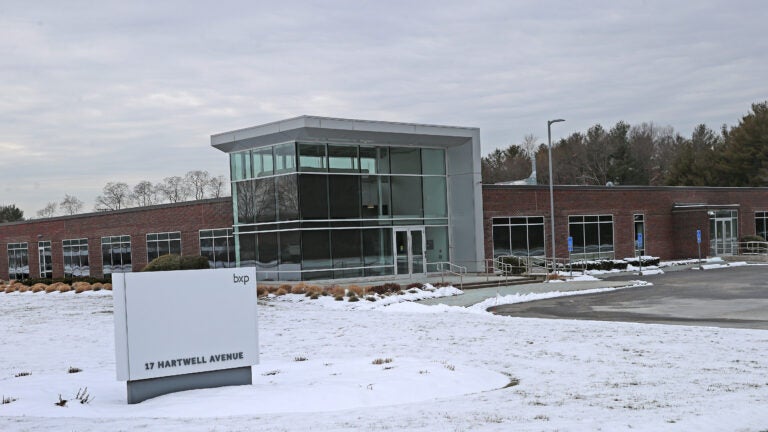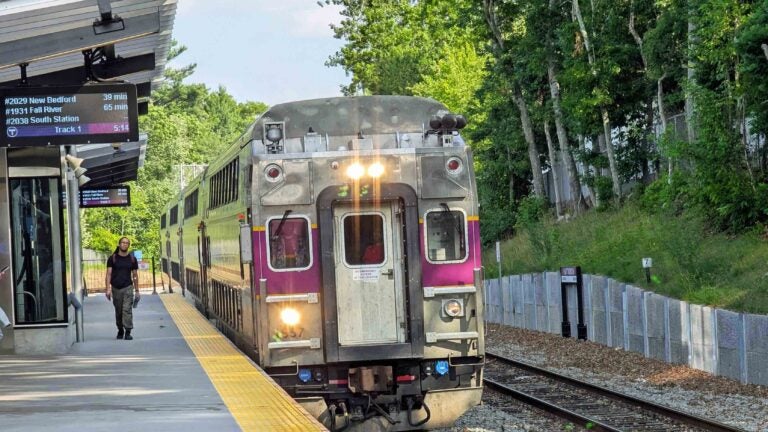Real Estate
A surge in new housing construction is challenging long-held assumptions about green building and multifamily zoning policies, Canary Media reported.

In the Boston suburb of Lexington, a surge in new housing development is challenging long-held assumptions about green building and multifamily housing policies — and proving that strict energy standards don’t have to stand in the way of growth or affordability.
Over the past two years, Lexington has permitted more than 1,100 new housing units — including 160 affordable units — even as the town has gone above and beyond to implement several environmental building policies, according to Canary Media.
Far from slowing development, local leaders told the nonprofit newsroom that the combination of forward-thinking zoning reforms and fossil fuel restrictions has actually helped accelerate it.
“Opponents said, ‘It’s going to cost so much, you’re going to stop the development of affordable housing.’ But that clearly wasn’t the case,” Mark Sandeen, a member of the town select board and the Lexington Affordable Housing Trust told Canary Media.
In 2023, Lexington adopted zoning reforms to allow more multifamily housing as part of a state law called the MBTA Communities. The same year, the town passed a bylaw to prohibit fossil fuel use in new buildings and require high energy-efficiency standards, in order to join the Municipal Fossil Fuel Free Building Demonstration Program.
The state-run pilot program, launched by the Department of Energy Resources in 2022, allows cities and towns to add or amend town bylaws to require new construction and major renovations be fossil fuel-free. Lexington’s bylaw, passed during its 2023 Annual Town Meeting (Article 27), took effect in March 2024. Minor amendments approved in 2024 (Article 38) went into effect at the start of this year.
Critics feared that pairing stricter environmental rules with zoning reforms would drive up building costs and discourage developers — especially those building affordable housing. But that hasn’t materialized.
At its 2024 annual town meeting, Lexington passed Article 50 to amend its zoning bylaw to require that any development between 10 and 13 units make 10% of them Inclusionary Dwelling Units, or affordable – i.e. a household income limited to 80% of the Area Median Income. If a development has 14 or more units, it must make at least 15% of the units affordable.
Since the zoning and energy policy changes, Lexington’s planning board has approved nine new housing projects. These range from small-scale infill — like turning an unused commercial space into a seven-unit building — to larger mixed-use developments, including one proposal for 312 units with a ground-floor retail space, Canary Media reported.
For Lexington, the results appear promising: When zoning is opened up and paired with smart, climate-conscious policy, it’s entirely possible to grow housing stock — and include affordable units — without relying on fossil fuels.
Sign up for the Today newsletter
Get everything you need to know to start your day, delivered right to your inbox every morning.






